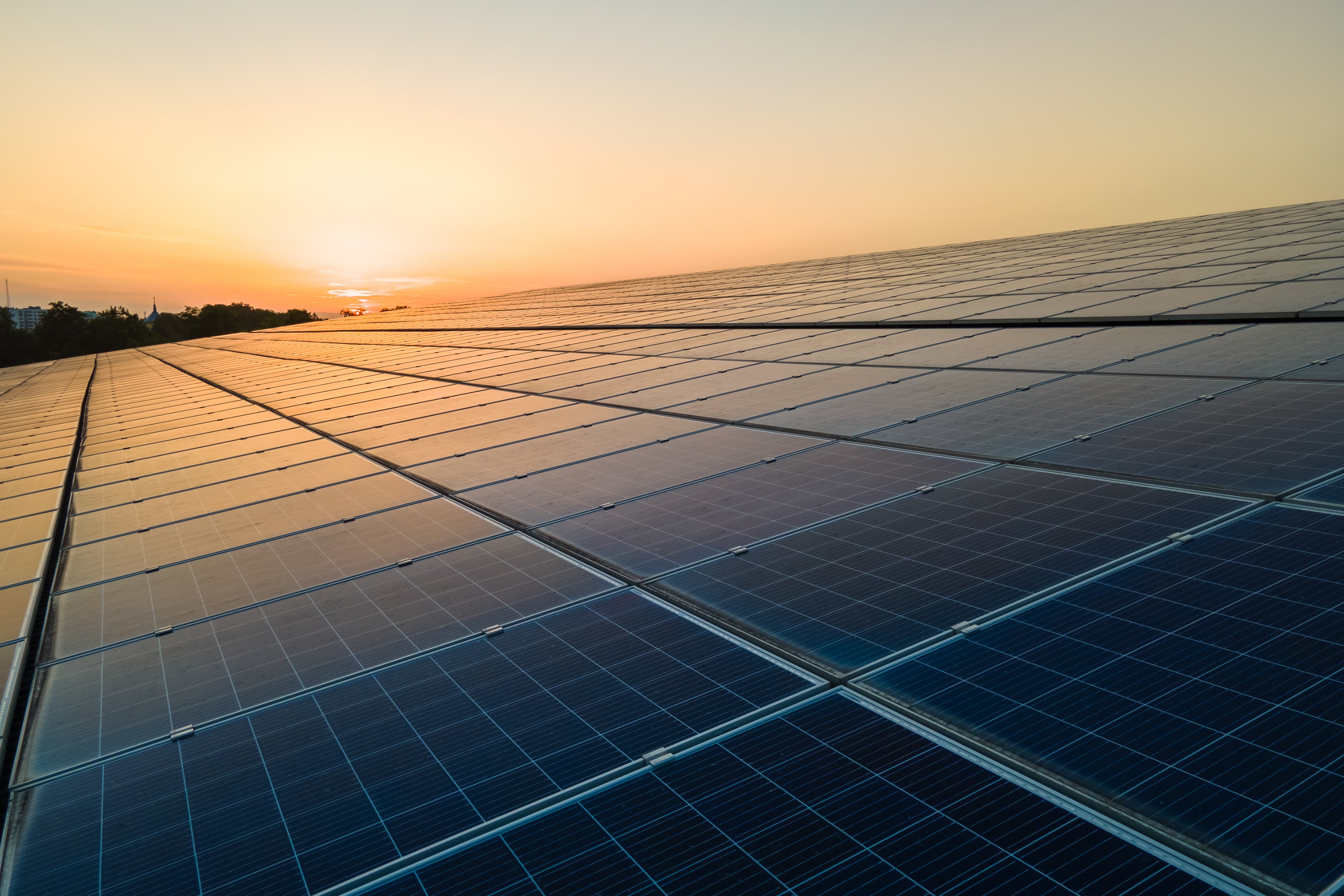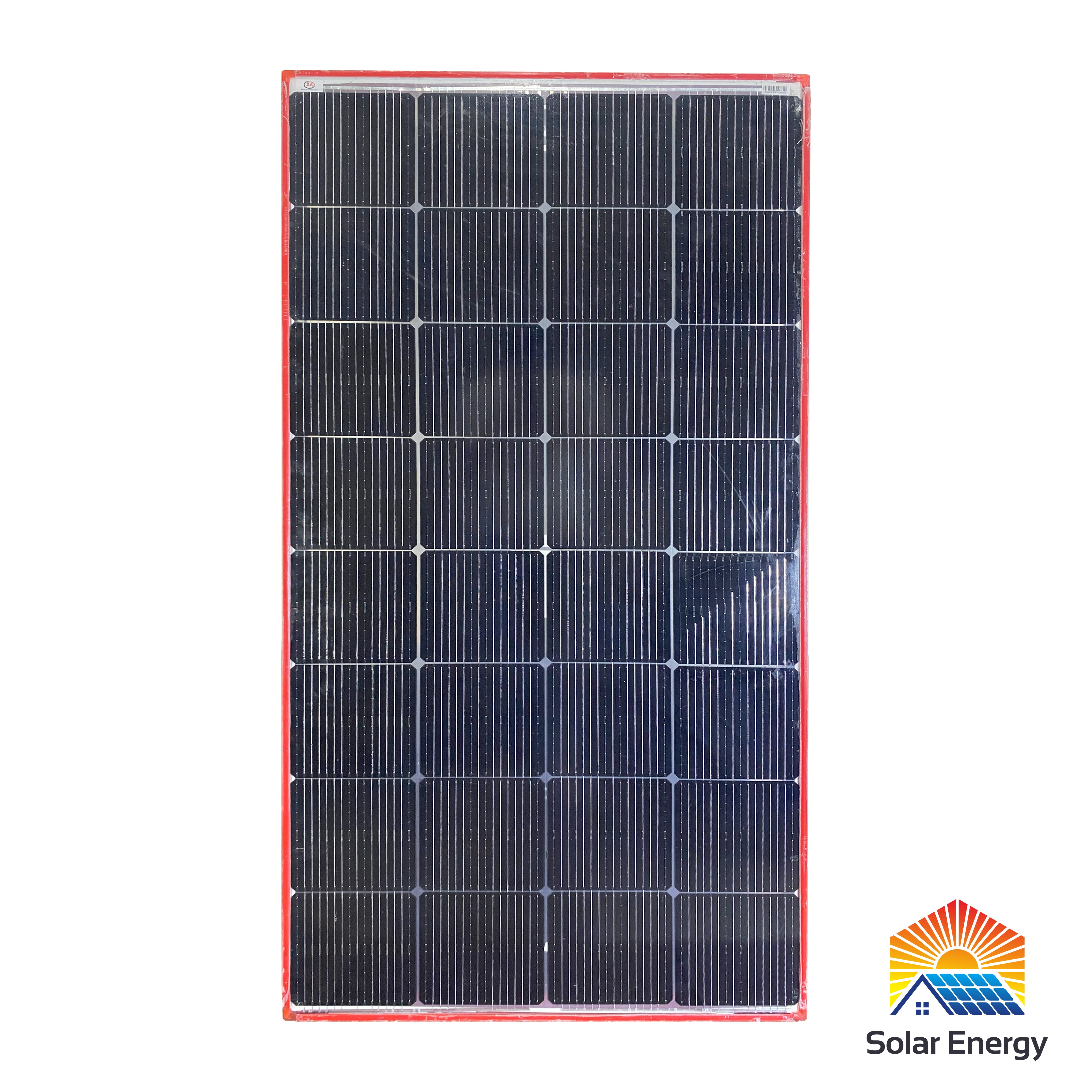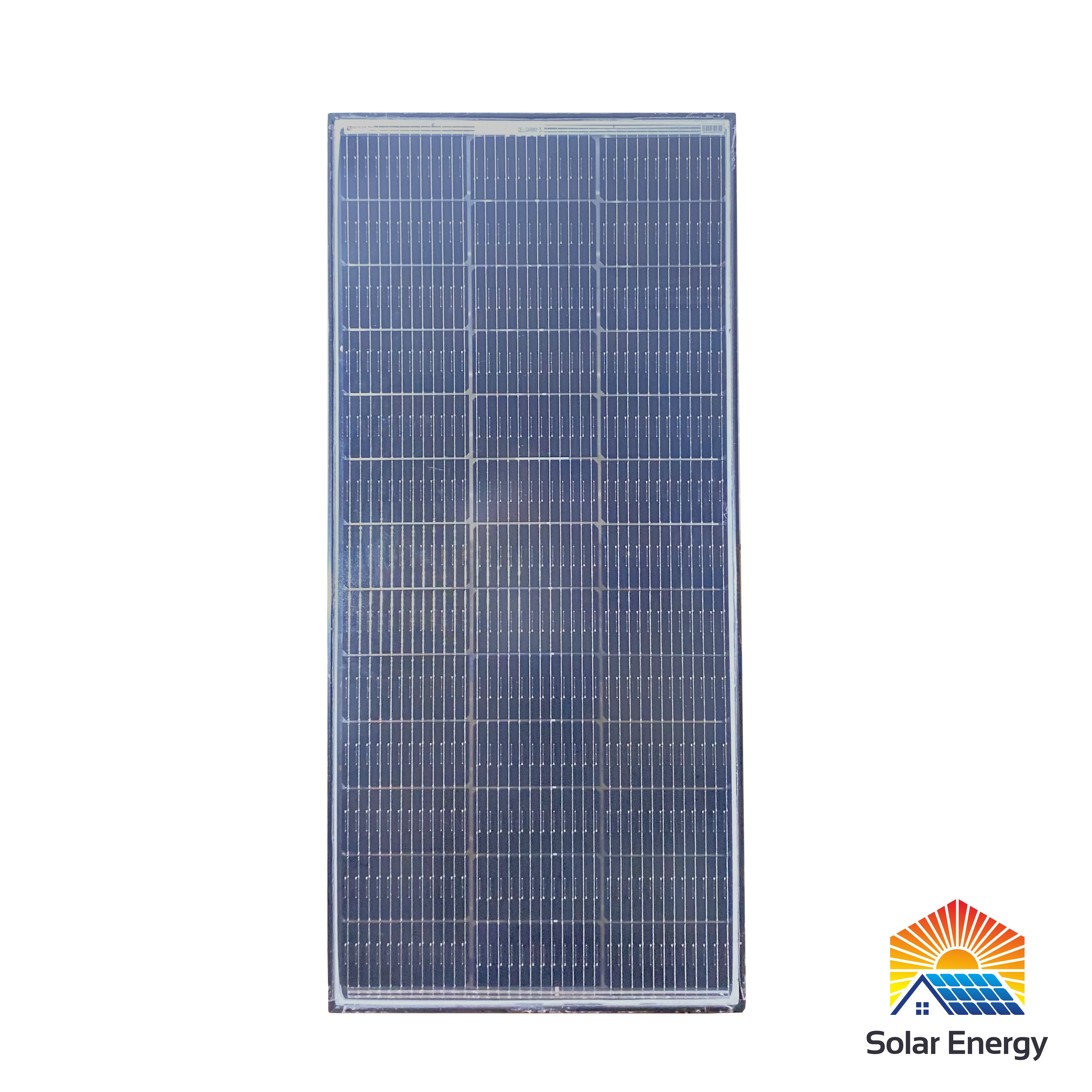Solar Panel
240W Solar Panel
- Maximum Power (Pmax): 240W
- Maximum Power Voltage (Vmp): 18.0V
- Maximum Power Current (Imp): 13.5A
- Open Circuit Voltage (Voc): 21.7V
- Short Circuit Current (Isc): 13.6A
- Maximum System Voltage: 1000V
- Maximum Series Fuse: 15A
- Application Class: A
- Fire Resistance Rating: Class A
- Dimension: 1530 × 760 × 30 mm
200W Solar Panel
- Maximum Power (Pmax): 200W
- Maximum Power Voltage (Vmp): 19.6V
- Maximum Power Current (Imp): 10.60A
- Open Circuit Voltage (Voc): 24.6V
- Short Circuit Current (Isc): 11.18A
- Maximum System Voltage: 1000V
- Maximum Series Fuse: 15A
- Application Class: A
- Fire Resistance Rating: Class A
- Dimension: 1480 × 680 × 30 mm
Solar Panel | Solar Panel Price in Pakistan | Best Solar Panel In Pakistan
Solar Panel | Solar Panel Price in Pakistan | Best Solar Panel In Pakistan
Introduction to Solar Panel:
A solar panel is a powerful device designed to convert sunlight into electricity. It works using photovoltaic (PV) cells that absorb sunlight and generate direct current (DC) energy. That energy is then transformed by an inverter into alternating current (AC), which powers your appliances and electronics. In today’s world, where energy demand is rising and electricity bills are skyrocketing, solar panel has become a popular solution for homes and businesses alike.
How Solar Panel Works
The working mechanism of a solar panel is actually pretty fascinating. When sunlight hits the surface of a solar panel, its photovoltaic cells begin absorbing solar radiation. This radiation knocks electrons loose within the cells, creating a flow of direct current (DC) electricity. Since most of our household appliances use alternating current (AC), an inverter is used to convert the energy into usable AC power. This entire process is silent, clean, and renewable.
Types of Solar Panel Available in the Market
There are mainly three types of solar panel you’ll encounter: monocrystalline, polycrystalline, and thin-film. Monocrystalline solar panel is known for its sleek appearance and high efficiency, making it the most preferred option for homeowners who want premium performance. Polycrystalline is slightly less efficient but is more budget-friendly, offering a solid middle ground. Thin-film solar panel is lightweight and flexible, though it’s less efficient and typically used for specific, smaller-scale applications.
Pakistan’s Energy Crisis and the Role of Solar Panel
Pakistan continues to face a severe energy crisis, with frequent load shedding and high electricity prices burdening consumers. With rising demand and a struggling grid infrastructure, solar panel has emerged as a game-changer in the local energy sector. By producing electricity independently, homeowners and businesses can reduce their reliance on WAPDA and experience fewer power disruptions.
Why You Should Consider Solar Energy in Pakistan
Switching to solar panel offers several advantages for Pakistanis. First, it helps you save money on your monthly bills by drastically reducing or even eliminating your electricity costs. Second, it protects you against future tariff hikes. Third, it contributes positively to the environment by reducing carbon emissions and fossil fuel dependency. And lastly, solar panel systems can increase the overall value of your property.
Government Support for Solar Panel in Pakistan
The government of Pakistan has shown support for solar energy by offering incentives like net metering, which allows users to sell excess electricity back to the grid. Import duties on solar panel components have been reduced, and several programs have been launched to encourage the use of renewable energy solutions. These initiatives have made it easier and more affordable to adopt solar panel systems across the country.
Solar Panel Price in Pakistan Compared to Global Rates
Globally, solar panel prices have dropped significantly over the past decade. In countries like China, India, and Germany, the price per watt is as low as $0.25 to $0.40. However, in Pakistan, the price is higher due to several factors, including import duties, currency exchange rates, transportation costs, and limited local production. Despite this, the local market is becoming more competitive, with prices becoming more accessible over time.
Current Solar Panel Price in Pakistan
In Pakistan, the average price of a solar panel ranges from PKR 45 to PKR 85 per watt, depending on brand, quality, and technology. For example, a 150-watt solar panel typically costs between PKR 8,000 and PKR 12,000, while a 330-watt solar panel may cost around PKR 15,000 to PKR 24,000. A 540-watt solar panel, which is often used in large systems, ranges between PKR 22,000 and PKR 35,000. Prices can vary based on the type of cells used and warranty coverage.
Solar Panel System Cost from 1kW to 10kW
When it comes to complete solar panel systems, installation costs vary by size. A 1kW system might cost around PKR 150,000 to PKR 180,000. A 3kW system could go for PKR 400,000 to PKR 500,000, while a 5kW system ranges between PKR 650,000 and PKR 800,000. For larger homes or commercial setups, a 10kW system can cost between PKR 1.2 million and PKR 1.6 million. These prices include installation, inverters, wiring, and mounting equipment.
Installation Costs and Additional Expenses
The cost of a solar panel system doesn’t end with the panels themselves. You’ll also need an inverter to convert the DC to AC, wiring to connect everything, a mounting structure to hold the panel on your roof, and installation labor. These additional items usually add about 15% to 25% to the total project cost. It’s also wise to factor in any future maintenance expenses, although solar panel requires minimal upkeep.
Top Solar Panel Brands Available in Pakistan
Some of the most reputable solar panel brands in the Pakistani market include LONGi Solar, Trina Solar, JA Solar, Canadian Solar, Tesla PV, and Inverex. While imported brands tend to offer better efficiency and longer warranties, local options are catching up quickly in terms of quality and affordability. Choosing a trusted brand ensures your system runs efficiently for years without frequent issues.
How to Choose the Right Solar Panel for Your Needs
Selecting the right solar panel system depends on various factors. First, evaluate your household’s average electricity consumption. This will help determine the size of the system you need. Second, assess the available roof space to ensure you have enough room to install the panel. Third, set a budget that includes installation and other costs. Lastly, consider the efficiency and warranty offered by different brands before making a decision.
On-Grid vs Off-Grid Solar Panel System
In Pakistan, two common types of systems are available: on-grid and off-grid. An on-grid system connects directly to the national grid and allows you to use net metering. It’s ideal for urban users who want to lower their bills. On the other hand, an off-grid system is completely independent and stores energy in batteries. This system is perfect for rural areas where the power supply is unreliable or non-existent.
Financial and Environmental Benefits of Solar Panel
The financial benefits of installing a solar panel in Pakistan are undeniable. Most users recover their investment within three to five years through electricity savings. After that, they enjoy nearly free energy for the next 20 to 25 years. Environmentally, switching to solar panel helps reduce the carbon footprint and contributes to a cleaner atmosphere, which is crucial for future generations.
Where to Buy Solar Panel in Pakistan
Solar panel is widely available in Pakistan through both online and offline channels. Popular e-commerce websites like Daraz.pk, Telemart, and OLX feature various solar panel products and accessories. You can also find reliable vendors and authorized dealers in major cities like Lahore, Karachi, and Islamabad. Always make sure to verify the authenticity of the product and warranty before purchasing.
Getting the Best Deal on Solar Panel
To get the best price on a solar panel in Pakistan, it’s a good idea to get multiple quotes from different vendors. Compare complete packages instead of individual components. Watch out for seasonal discounts, particularly in the winter months when demand is lower. Also, keep an eye out for government-backed subsidy programs and financing options that can make solar panel more affordable for households.
Common Myths About Solar Panel Debunked
There are several myths surrounding solar panel. One common misconception is that they don’t work on cloudy days. In reality, solar panel continues to produce electricity even under overcast conditions, though at slightly reduced efficiency. Another myth is that solar panel is too expensive for average families. With net metering, decreasing costs, and various financing options, solar panel is more accessible than ever.
Future of Solar Panel in Pakistan
The future of solar panel in Pakistan looks promising. The government aims to achieve a 30% share of renewable energy by 2030, with solar panel playing a major role. New technologies, such as AI-based energy management systems and advanced battery storage solutions, are expected to enhance performance and reliability. With increased awareness and affordability, more people are making the shift toward solar energy every day.
Conclusion
Solar panel in Pakistan is more than just a trend—it’s a solution to the country’s ongoing power crisis. With energy prices soaring and climate change becoming a serious concern, switching to solar panel makes perfect sense. It’s an investment that pays off in savings, independence, and sustainability. If you’ve been thinking about making the move, now’s the time to take action. Not only will you save money, but you’ll also contribute to a cleaner, greener Pakistan.
FAQs
1. How to install and maintain a solar panel?
First, select an appropriate location for the solar panel. Then install a solar panel at that place, according to the type of solar panel you are using you may need brackets and other hardware. Connect the solar panel to the electric grid by a professional electrician who checks if the connections are safe or not. Once it starts working, take proper care of it.
2. What aspects are necessary to consider while choosing a solar panel?
Various factors have to be considered for the installation of solar panels such as
Cost, environmental effects, durability, weather dependence, space, and maintenance.
3. Does the solar panel work in bad weather conditions?
Yes, solar panels work in cloudy or rainy weather as long as there is little sunlight or energy is stored in the battery.
4. What are the biggest advantages of solar panels?
Your energy costs will be significantly decreased or eliminated once your solar panel system is installed because solar energy is completely free. You can save on electricity bills. They require minimum maintenance and can last up to 20 years with proper care and cleanliness.
5. How long do solar panels last?
With proper care and maintenance, a good quality solar panel can last up to 25 years.
6. What happened to the solar panel during a power outage?
If there is an electrical blackout, the solar panel won’t be able to generate electricity. The energy that is stored in the battery, however, can be used to generate electricity during a power outage if the solar panel is connected to a battery system.



